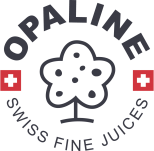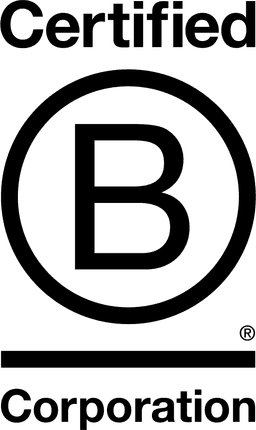

Opaline SA

Canton of Valais, Switzerland
October 2015
Agricultural Processing
Manufacturing
Switzerland
Opaline is a Swiss company founded by people who share a passion. The passion of high quality natural fruit juices, made with respect for traditional know-how, nature and mankind. Opaline’s juices are made exclusively from freshly pressed fruits and vegetables, sourced from local farmers. No concentrates. No preservatives. No colorings. Just a pure juice, just as nature intended it to be. Today, Opaline can be seen in over 900 retailers in Switzerland, from café-restaurants-hotels to hospitals and schools and of course, grocery stores. It all began in a kitchen back in 2010, testing recipes and developing ideas on how to contribute to the safeguard of local agriculture. In 2011, Opaline invested in a small-scale fruit juice production line and started selling its products locally. Sales grew rapidly and the company transferred its production to a larger facility, powered by the solar energy. Opaline has a “fair price” policy on all its needs in fruits and vegetables. It is also managed on a linear system, where all those involved in the development are considered as an essential part and thus treated equally. As for those directly employed by Opaline, they were all offered access to the share capital, with no minimum investment.
Overall B Impact Score
Governance 18.8
Governance evaluates a company's overall mission, engagement around its social/environmental impact, ethics, and transparency. This section also evaluates the ability of a company to protect their mission and formally consider stakeholders in decision making through their corporate structure (e.g. benefit corporation) or corporate governing documents.
What is this? A company with an Impact Business Model is intentionally designed to create a specific positive outcome for one of its stakeholders - such as workers, community, environment, or customers.
Workers 26.3
Workers evaluates a company’s contributions to its employees’ financial security, health & safety, wellness, career development, and engagement & satisfaction. In addition, this section recognizes business models designed to benefit workers, such as companies that are at least 40% owned by non-executive employees and those that have workforce development programs to support individuals with barriers to employment.
Community 48.4
Community evaluates a company’s engagement with and impact on the communities in which it operates, hires from, and sources from. Topics include diversity, equity & inclusion, economic impact, civic engagement, charitable giving, and supply chain management. In addition, this section recognizes business models that are designed to address specific community-oriented problems, such as poverty alleviation through fair trade sourcing or distribution via microenterprises, producer cooperative models, locally focused economic development, and formal charitable giving commitments.
What is this? A company with an Impact Business Model is intentionally designed to create a specific positive outcome for one of its stakeholders - such as workers, community, environment, or customers.
Environment 28.2
Environment evaluates a company’s overall environmental management practices as well as its impact on the air, climate, water, land, and biodiversity. This includes the direct impact of a company’s operations and, when applicable its supply chain and distribution channels. This section also recognizes companies with environmentally innovative production processes and those that sell products or services that have a positive environmental impact. Some examples might include products and services that create renewable energy, reduce consumption or waste, conserve land or wildlife, provide less toxic alternatives to the market, or educate people about environmental problems.
Customers 3.9
Customers evaluates a company’s stewardship of its customers through the quality of its products and services, ethical marketing, data privacy and security, and feedback channels. In addition, this section recognizes products or services that are designed to address a particular social problem for or through its customers, such as health or educational products, arts & media products, serving underserved customers/clients, and services that improve the social impact of other businesses or organizations.